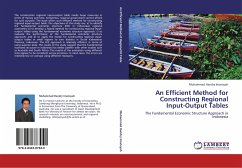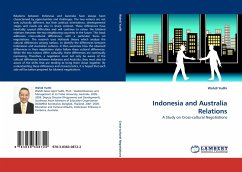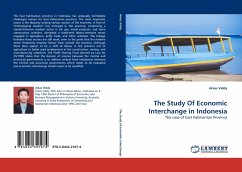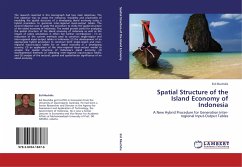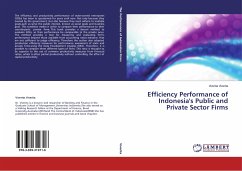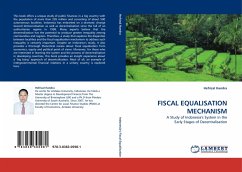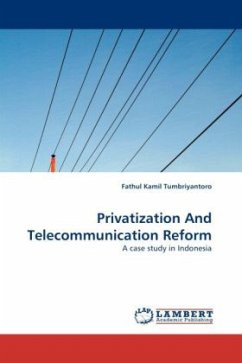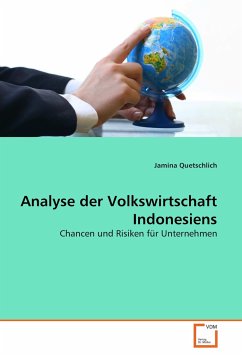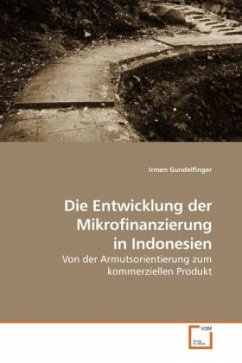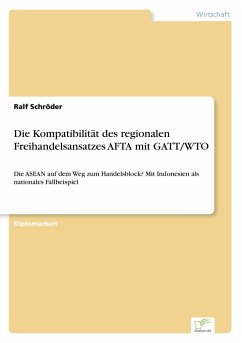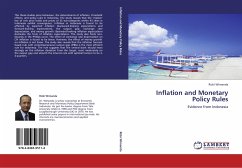
Inflation and Monetary Policy Rules
Evidence from Indonesia
Versandkostenfrei!
Versandfertig in 6-10 Tagen
52,99 €
inkl. MwSt.

PAYBACK Punkte
26 °P sammeln!
This thesis studies price behaviour, the determinants of inflation, threshold effects, and policy rules in Indonesia. The study reveals that the relative law of one price holds and prices of 35 sub-categories within 45 cities in Indonesia exhibit convergence. Inflation in Indonesia is found to be affected by expected inflation (backward-looking expectations and forward-looking expectations), the output gap, exchange rate depreciation, and money growth. Backward-looking inflation expectations dominate the form of inflation expectations. This study also finds non-linearity in the Phillips curve....
This thesis studies price behaviour, the determinants of inflation, threshold effects, and policy rules in Indonesia. The study reveals that the relative law of one price holds and prices of 35 sub-categories within 45 cities in Indonesia exhibit convergence. Inflation in Indonesia is found to be affected by expected inflation (backward-looking expectations and forward-looking expectations), the output gap, exchange rate depreciation, and money growth. Backward-looking inflation expectations dominate the form of inflation expectations. This study also finds non-linearity in the Phillips curve. The effect of exchange rate depreciation on CPI inflation is found to be linear. However, the effect of money growth on inflation is not linear. The study also reveals that the inflation forecast based rule with contemporaneous output gap (IFBG) is the most efficient rule for Indonesia. The rule suggests that the central bank should react strongly on the inflation deviation from the target,react moderately on the output gap and smooth the interest rate with optimal horizon to be 3-4 quarters.



